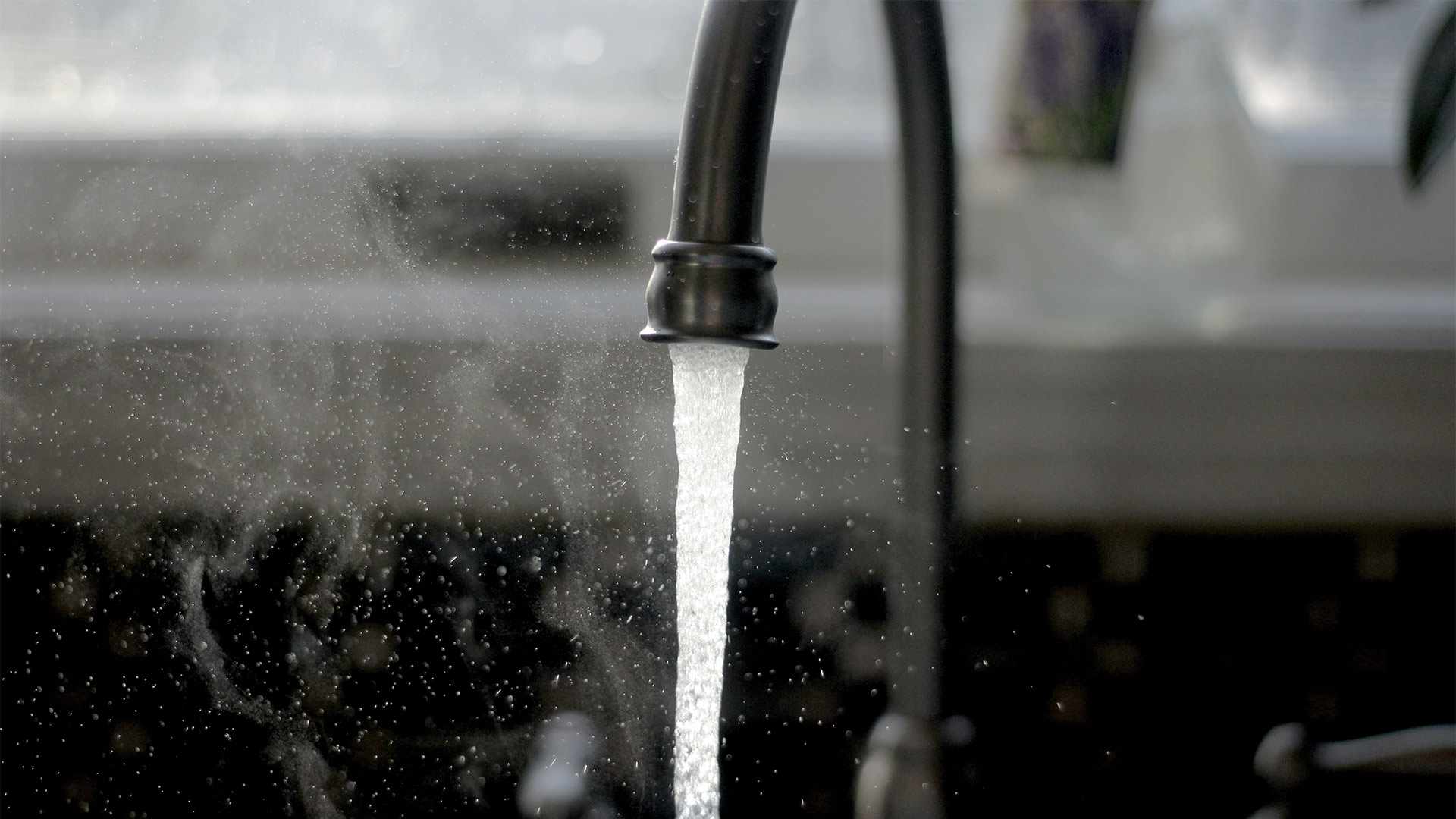RV Maintenance and repair are part of every RV owner’s life. They’re essential to keeping every rig running smoothly, since your home on wheels comes under a lot of stress on the open road. Like regular physicals and routine dental checkups, your motor home’s transmission, engine, and tires need regular maintenance (and the occasional repair) to keep them happy and healthy. But for RV newbies, the idea of repair or RV maintenance can seem overwhelming and daunting. Luckily, there are some easy, reliable, and money-saving tips that RV neophytes can borrow from seasoned pros to keep them moving (and keep as much of their hard earned cash in their pockets as possible.)
What’s in a Budget?

Full or part time, every RV’er should plan to set up a maintenance and repair budget, contributing to it on a regular basis. The actual amount to have set aside will vary, based on a number of factors, including whether or not you’re a DIY’er, how big or new your rig is, and how often you travel. Keep in mind that prices will vary wildly from one RV to another: new tires for a small class C can often be found for under $150 a piece, whereas a large class A’s might run over $600. Older motor homes will require more maintenance and repairs than a newer one, as a general rule. Planning ahead in this case and creating an “emergency fund” for unexpected expenses in addition to a regular upkeep budget can be hugely helpful.
Non-Optional: Roadside Assistance

One of the most basic essentials for any RV owner is a good roadside assistance plan. If you do end up stuck or stranded someplace, the last thing you want to deal with is finding and paying out of pocket for a tow truck, especially if you’re driving a large rig that requires special towing equipment. Look to spend under $150 a year for comprehensive coverage with a company that specializes in RVs, like Good Sams or Coach-Net.
Maintenance and Repair: The Basics

Knowing what kind of preventive maintenance your RV requires can be tricky if you don’t have much experience. A good place to start is your manual. It may sound redundant, but every RV owner should take the time to read their manual from cover to cover, and keep it handy. (Unless you’re dealing with a rare or vintage model, you should also be able to find a copy of your manual online.)
If you’re mechanically inclined, there might be some basic services you can perform yourself and save major cash. Unsure where to begin? Try taking a spin online, where there are entire YouTube channels dedicated to do guiding do it yourselfers through the intricacies of things like generator and roof maintenance, sanitizing, repairing doors and locks, and more.
Keep Records
Another way to save both money and headaches is to keep careful track of both the work you do yourself and anything you have done to your RV. Not only do records and checklists help you stay on top of what’s been done and needs to be done, but they will come in handy if you every need major repairs done or plan on selling your RV. There are apps that help you keep your receipts and records organized electronically, or you can do it the new fashioned way by keeping a fnewer on the rig.
Knowing Where to Go
Figuring out where to take your RV for repairs or checkups can be a difficult task. In an emergency situation, you may not have a lot of choice in the matter, but whenever possible, do your research and check online reviews carefully. It always pays to choose a place that specializes in RVs, as opposed to general car repair shops. (Although it’s important to note that just like the washers and other services at truck stops and shops work perfectly for RVs, these places will often also cater to motor homes and will do just fine for things like oil changes.)

If you’re in or planning on traveling near places like Oregon or Indiana, it may also be worth scheduling a preventative maintenance stop while you’re there. Places like Eugene and Elkhart still produce over 60% of the RVs being manufactured today, and have a myriad of repair shops that cater to specific types of coaches.
Establishing a regular shop where you stop once a year, can be an excellent idea as well. Consider finding a place you trust near family, so that you can consolidate regular visits to them with annual maintenance. Establishing a relationship with a reliable, local shop often means better customer service and a good deal when you need it most.








